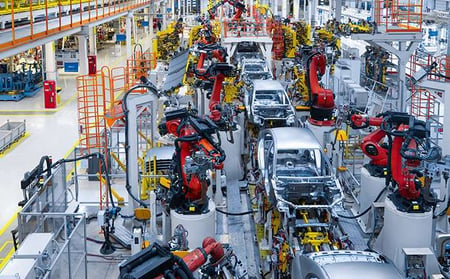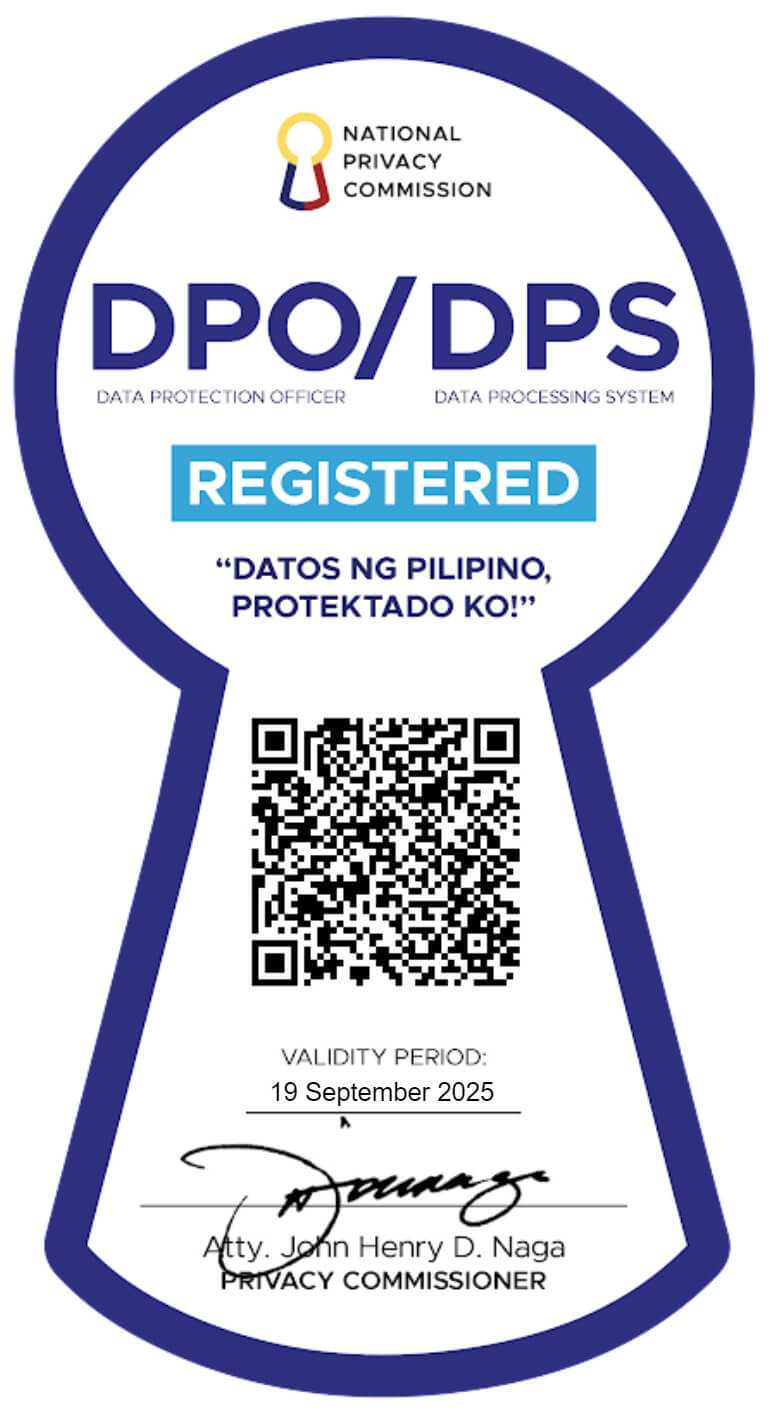-
About Us
Probe CX is a tech-powered, global customer experience organisation that amplifies human capabilities with technological excellence.
-
Awards and Accreditations
As an industry-leading CX and digital transformation provider, Probe CX has a resume to match any of our competition.
-
Compliance
Industry-recognised certifications to protect what matters most to our clients and their customers.
-
Locations
Over 19,000 team members delivering exceptional customer experiences across five countries.
-
Vision and Culture
We help our clients become modern digital organisations by combining the latest technology with people, process and data.
-
Executive Team
Meet the team with unmatched experience committed to helping organisations create environments for digitally-enabled CX to thrive.
-
 Blog
BlogDiscover the latest insights, information and trends in blogs created by customer experience experts.
-
 News
NewsLearn where Probe CX have been recognised in the news, including awards, accreditations, acquisitions, partnerships and more.
-
 Resources
ResourcesDownload our latest resources including whitepapers, case studies, tip sheets, reports and brochures..
A leading energy and gas industry retailer required support with credit collection activities and help to optimise their KMS.
- Blog
- How to prioritise processes to automate
How to prioritise processes to automate

Fortunately, the unconverted are few and far between. As highlighted in a 2020 global survey by consulting firm McKinsey, 30% of companies have fully automated at least one function of their business and two-thirds are piloting solutions to automate at least one process. More importantly, research and advisory company Gartner has found that 85% of large and very large organisations will deploy some form of RPA by the end of 2022. The evidence is clear that an increasing number of business owners and executives believe automation is the key to driving significant operational improvements, which leaves one crucial question – what processes should I automate?
For businesses dipping their toes into the automation pond for the first time, there is an argument that it is best to tackle simpler processes and leave more complex activities until they are more familiar with RPA. Alternatively, some experts believe greater gains can be made by automating higher-level work immediately and thus generate more enthusiasm to continue on the RPA journey.
The reality is there is no simple answer for what processes should be automated to drive the best outcomes. Instead, organisations should consider a variety of factors to help them decide if a business process is a quality candidate for automation and how it will benefit from RPA.
Feasibility Test
It may seem the most obvious thing in the world but determining that a process can actually be automated is a key next step. Many businesses make the mistake of setting their sights on a task for automation, only to find it is akin to putting a square peg in a round hole. Factors to consider when assessing whether a process is a good RPA use case include:
- Select a process that is rules-based as opposed to one that requires decision-making
- Make sure the process is routine, well-defined and uses systems that rarely change
- Consider the input and output involved, with the likes of spreadsheets, databases, XML and HTML files more suited for RPA due to their digital and structured nature.
Humans v Robots
Before even considering potential business processes for automation, decision-makers need to recognise the difference between humans and machines. After all, you would never replace an established employee with a recruit without first comparing their strengths and weaknesses. While humans can deal with uncertainty and make judgement decisions, machines need structure and often cannot handle unexpected changes. Computers excel at delivering consistent execution of the same repetitive processes, whereas humans are inclined to lose concentration and make mistakes the longer a tedious task unfolds. RPA also allows businesses to rapidly scale up and down at minimum cost, as opposed to the headaches of doing the same with human workers.
Ease the Load
Time-consuming tasks that are highly dependent on employee attention are prime candidates for automation. From order and claims processing to data migration and entering customer information, too many businesses ask their people to dedicate the majority of their time to repetitive manual jobs at the expense of more rewarding roles for both them and the organisation. Automation of such activities will mean they will not only be completed more quickly with less errors but allow previously overloaded employees to focus on more meaningful and innovative tasks such as enhancing customer experience.
Open All Hours
Modern businesses increasingly do not operate on traditional opening hours. Between a rise in digital online capabilities and a spike in customer expectations, managing high volume orders, requests and complaints needs to be done around the clock and regardless of weekends and holidays. That clearly poses problems for companies that are entirely reliant on human employees as it is a case of either shutting up shop at 5pm or paying big dollars to ensure someone is on hand all day, every day. Of course, the other option is to identify high-volume tasks that would benefit from RPA’s ability to tackle such jobs even when employees are not in the office. Automation can turn the dream of 24/7 service into a reality without costing the earth.
People Power
There are two key reasons to involve employees in any discussion about potential candidates for automation. The first is they will know better than anyone what tasks they tackle that best lend themselves to RPA. Tapping into their thoughts is essential to ensure that automation can address their specific needs, with each person no doubt completing their work in a unique manner. Saving one employee one hour of work per day is a win - doing the same across an entire department is game-changing. The other reason to bring staff on the automation journey is it will only prove fruitful if they buy into the process. Empowering staff to suggest their own automation ideas and reassuring them that they will in turn be able to focus on more meaningful work will ensure they are invested in the change.
Summary
A rise in automation may be inevitable but it should not be done on a whim. Identifying and outlining robust automation criteria, involving staff in the process and establishing key performance markers are crucial for organisations to stay ahead of the game. Discover one expert’s experience on how to set up proposed RPA projects for success rather than have them fail to see the light of day.
Related Articles
Technology
RPA in finance and accounting - a digital transformation
The finance and accounting sector is burdened by repetitive and time-consuming tasks, which is why robotic process automation is ideal...
Technology
8 RPA trends to watch
From hyperautomation to low-code platforms and increased focus on security, learn about the latest developments shaping the world of automation.
Technology
How to get started with intelligent automation
RPA can create growth opportunities and reduce operational costs but it is not a 'one size fits all' concept. Learn more in this blog here.
© Copyright 2025 Probe CX | ProbeCX is a proudly owned subsidiary of Probe Group
Privacy Policy | Responsible AI Policy | Financial Hardship Policy | Whistleblower Policy | Complaints Procedure | Supplier Code of Conduct | Make a Payment | Client Login




